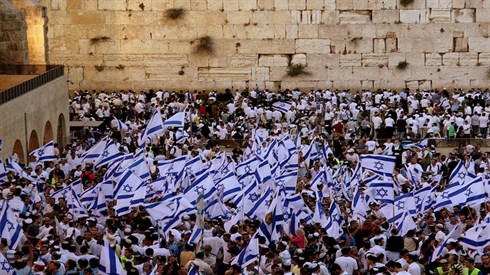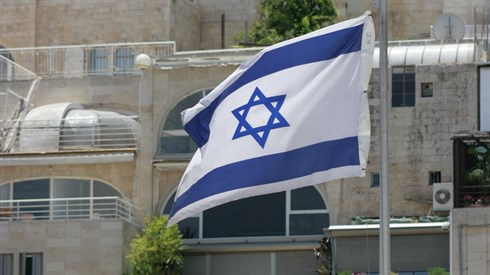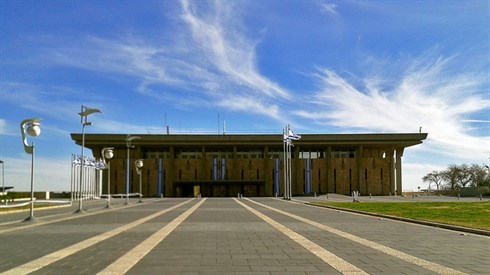1 Repliesin 1 Discussions
E Erica Rosati |17 Iyar 5784 Punishing a child for the sins of the father-David/baby
On the subject of The killing of the first born Israelite sons in Egypt. What I think is represented here is to reveal the difference between the actions of man(in this case pharaoh and the Egyptians acting on their own behalf as only accountable to themselves (idolatry)in killing having no god above pharaoh. The cries from the Israelites reached G-d. (The cries were the heart of the matter having believed what they did not see nor hear..that there must be something greater than what is happening here and now..Hope ..for justice.





